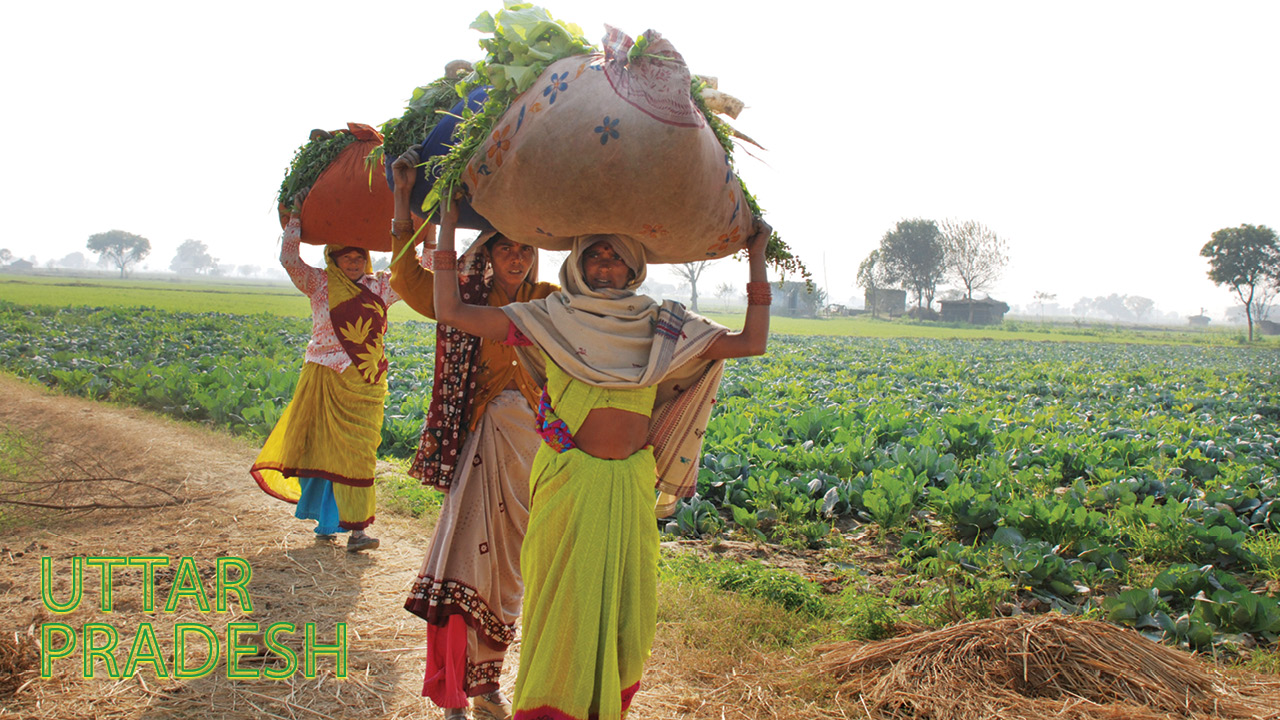Tripura ranks #27 in the SKOCH State of Governance Report 2024, indicating a continued struggle in delivering governance reforms at scale compared to other Indian states. The state lags significantly behind peer Northeastern states like Assam (#18) and Mizoram (#11), and far behind national leaders such as Maharashtra or Gujarat. While Tripura has previously shown glimpses of sectoral innovation, the lack of depth and scale in project submissions—particularly at the district and municipal levels—has limited its governance visibility.
On the SKOCH State of Governance Index, Tripura’s weak presence is largely attributable to the absence of sustained high-impact initiatives. The data suggests that most top-performing states achieve high rankings through the submission of 50+ projects across departments and geographies. Tripura’s reliance on a single submission reflects systemic bottlenecks in project conceptualisation, inter-departmental coordination, or perhaps lack of awareness or institutional readiness to participate in such benchmarking efforts. The lesson from other states is clear: more granular, local-level innovations—especially in municipal governance, policing, and public service delivery—must be documented and scaled.
In terms of SKOCH State of e-Government Infrastructure Index, Tripura ranks low with an EGDI score of just 0.305, placing it among the bottom tier nationally. This positions Tripura behind similar-sized or resource-constrained states like Sikkim (0.237) and even marginally behind Manipur (0.26). While some progress has been made in digital inclusion through the expansion of internet penetration and service portals, the state still lacks the volume of citizen-centric digital services and transactions that characterise high-performing states like Haryana or Telangana. Investing in digital capacity-building at the municipal and panchayat levels will be critical to enhancing e-Government Infrastructure Index.
On th SKOCH State of Financial Prudence Index, Tripura’s performance is middling (score: 0.406), comparable to Assam (0.413) but lower than other East and Northeastern peers such as Odisha (0.643) and Jharkhand (0.506). The key challenge remains low own-source revenue generation. Like Bihar, Tripura depends heavily on central devolution for meeting its budgetary obligations. While this reliance is not unusual for a small state, it undermines financial autonomy and limits flexibility in funding state-specific initiatives. A concerted effort is needed to improve tax compliance, expand the tax base, and diversify revenue streams.
Tripura also ranks low on the SKOCH State of Government Transformation Index, a measure that captures digital and administrative modernisation, leadership reform, and citizen engagement. Compared to Assam and Meghalaya, both of which have rolled out large-scale governance reform programmes like CMAAA and Ease-of-Doing Business platforms, Tripura lacks institutional reform efforts at similar scale. This gap results in limited transformation capacity, despite the presence of strong administrative talent and central schemes that could be leveraged more strategically.
Its performance in the SKOCH State of Government Efficiency Index, which combines fiscal and governance performance, remains weak. Efficiency is tied to the state’s ability to convert spending into outcomes and manage its resources effectively across sectors. States like Andhra Pradesh, Gujarat, and Maharashtra perform better here due to a mix of project execution, fiscal prudence, and high-impact digital interventions.
On the SKOCH State of Development Index, which integrates all the above indicators to provide a composite assessment of a state’s governance and institutional performance, Tripura scores 0.711—placing it among the bottom 10 states. This is in contrast to states like Odisha and Uttarakhand that have shown how focused governance, fiscal management, and local innovation can translate into sustained development gains. Tripura’s low development score is symptomatic of the broader need to institutionalise reforms and diversify the types of interventions.
For Tripura to climb up the SKOCH rankings and improve its overall governance architecture, it must focus on three fronts. First, institutionalise a pipeline of well-performing projects from departments, districts, and municipalities. Second, enhance revenue mobilisation capacity to reduce dependency on central transfers. Third, embrace administrative and digital transformation, learning from success stories in similarly placed states like Assam, Sikkim, and Meghalaya. With a more decentralised, performance-driven governance model, Tripura can position itself more competitively in future assessments.



